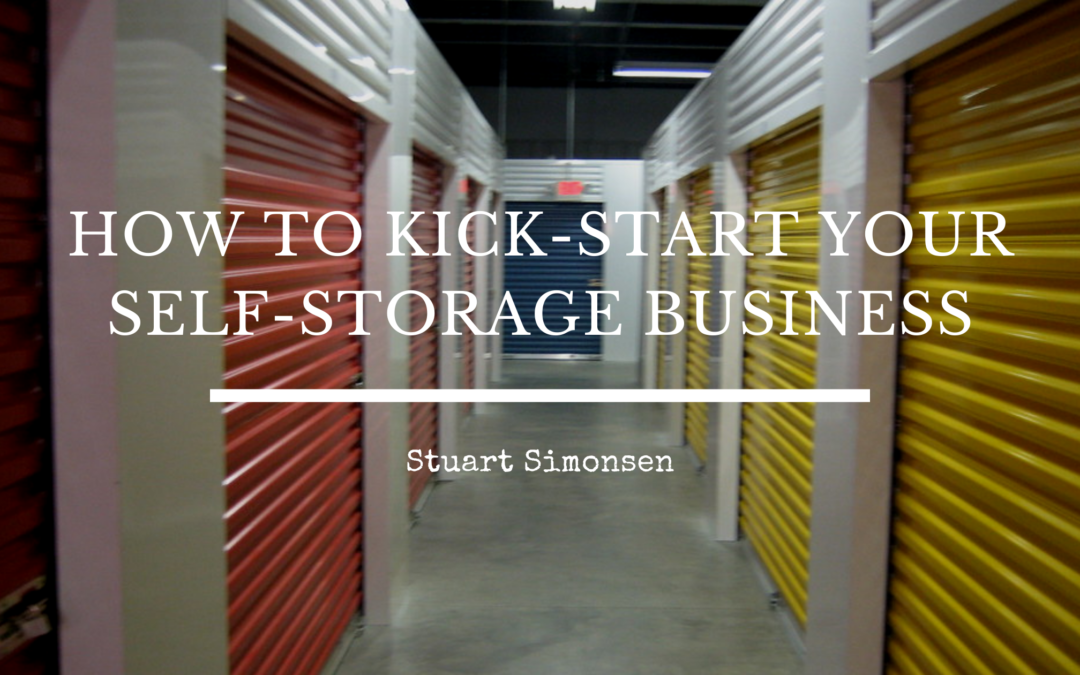
Many entrepreneurs are drawn to the idea of running their own self-storage business. Much like a car wash or a similar side hustle, an independently-owned storage facility can provide things such as a consistent income stream, employment independence, equity, and tax perks. People will always need temporary storage as they transition through the stages of life. It is an industry for which there will always be a demand. Contrary to popular belief, however, there are many things to know before jumping in.
Just like any business, it is vital to do your due diligence before spending any money or time in starting an actual business. After confirming a market need for your business, the most important thing to research is your competition. An over-saturated market isn’t going to have room for another facility.
Once you have established a market base, it’s time to research locations and start investing. When writing your business plan, it’s important to state a clear mission statement, along with market research that was completed and a five-year projection on profitability. Once you get investors, it’s time to begin the real work of beginning the business. Depending on the size of the business mapped out in your plan, you will need to find the right size property to build on. Location is key since it needs to be easily accessed by customers. You will want an area that is zoned for business on a road that is heavily trafficked. Anyone who sees your facility should be assumed to be a potential future customer.
After you have enough funds to get started, it’s important to budget wisely. When it comes time for you to start laying out the funding, there are many costs to consider, including sunk costs. In addition to real estate, this money also goes towards promotional materials, PR, and initial startup costs such as purchasing secure storage units for your clients. If you choose to offer climate-controlled units, that is an additional investment.
The paperwork involved in setting up a small business can be overwhelming. Be sure to navigate websites like the Small Business Administration in order to learn how to complete all the necessary paperwork, get appropriate licensing, pay the right taxes, and register as the correct business type.
This article was originally published on https://stuartsimonsen.net/

